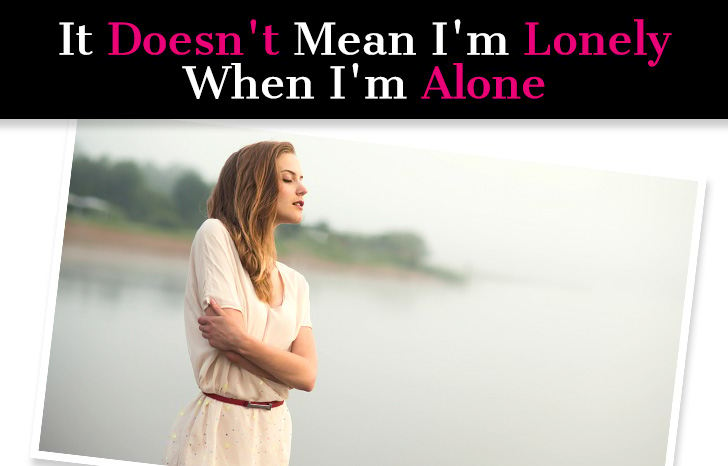alone: adjective \?-?l?n\: without anyone or anything else: not involving or including anyone or anything else: separate from other people or things
lone·ly: adjective \?l?n-l?\: sad from being apart from other people: causing sad feelings that come from being apart from other people: not visited by or traveled on by many people
The other day, I was standing in line at Starbucks (I know, I should really just make my own, it’s way cheaper) and I observed a phenomenon you’ve probably seen, too.
All of the tables were occupied by solo patrons sipping their drinks, staring at their laptops and phones, gently nodding to the music being transmitted through bulky headphones. I got my drink and did the necessary hula-hoop walk as I navigated through the sea of tables to find a place to sit. I passed each table, looking for one that seemed relatively welcoming for the silent blind date I was about to initiate, and ended up sitting down with a lovely chap who made room for me at “his” table for two, and we both did our own thing.
As I sat there working, I couldn’t help but notice that many of the patrons around me were engrossed in some type of social media. It was an ironic picture; a room full of people, no one talking to each other, all focused on creating community through a glass screen. Seeing this picture of everyone looking down at their gadgets, smiling at a device that can’t smile back, it got me thinking about relationships and the nuances between being alone and being lonely.
As noted in the above definitions of “alone” and “lonely,” the difference does not solely rest in physical circumstances. In other words, it’s not about what is happening around you, it’s about what’s happening inside of you.
You can be standing in a room full of people—even people who really love and care about you—and still feel lonely. Conversely, you can be alone on a hike and feel absolutely amazing. [continue reading…]




